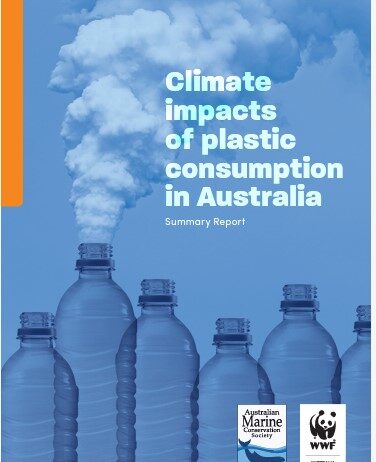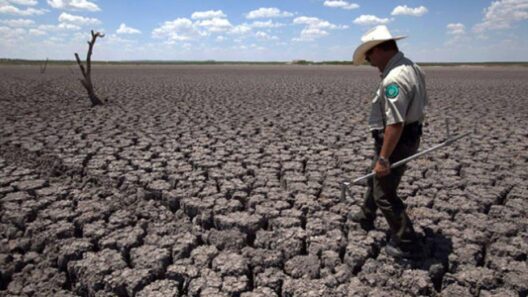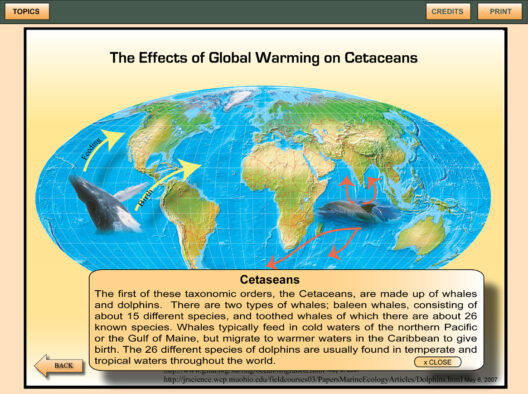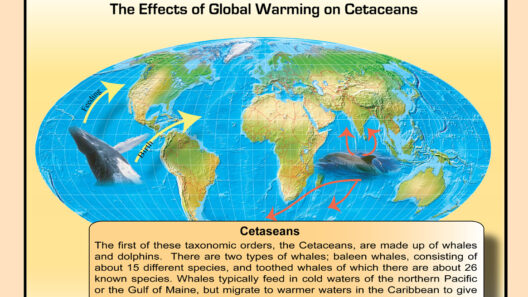Globalization has long been viewed through a predominantly positive lens. It fosters economic growth, enhances cultural exchange, and promotes technological advancements across borders. However, as we delve deeper into its ramifications, we confront the ‘Green Paradox’—the unsettling reality that this interconnectedness may substantially contribute to global warming. As we embark on this examination, one might ponder: Could the very fabric of our global network be a double-edged sword in the fight against climate change?
At its core, globalization accelerates the flow of goods, services, and ideas across the globe. This proliferation has led to a significant boost in production, often resulting in the depletion of natural resources and the exacerbation of environmental degradation. Specifically, the environmental toll becomes particularly palpable when we consider the carbon emissions linked to transportation. Shipping goods around the world involves extensive fuel consumption, leading to increased greenhouse gas emissions. A question arises: Are we unwittingly shipping our way into an environmental catastrophe?
Moreover, globalization fosters the rise of multinational corporations which, in the quest for profit, frequently prioritize short-term gains over long-term sustainability. These entities often exploit lax environmental regulations in certain countries, further exacerbating pollution and resource depletion. This phenomenon raises a crucial dilemma: How can we hold these corporate giants accountable for the ecological footprints they create in their relentless pursuit of capital?
The global supply chain serves as an excellent illustration of this paradox. A product manufactured in one country may source raw materials from another and be sold in yet another, generating a complex web of environmental impacts. Each link in this chain adds to the carbon footprint. For instance, consider the journey of a simple cotton t-shirt: it may be grown in India, spun into fabric in China, and sold in a store in the United States. Each stage—cultivation, manufacturing, and transportation—contributes to greenhouse gas emissions. How do we reconcile our consumer habits with the environmental reality of such a convoluted supply chain?
The phenomenon of consumerism exacerbates this situation. As consumers, we often demand faster delivery times and cheaper goods, pressuring companies to ramp up production and reduce costs. This creates a vicious cycle where companies respond with practices that may compromise environmental standards. In this landscape, could our choices as consumers be inadvertently supporting a system contributing to climate change?
Furthermore, globalization accelerates urbanization. Individuals flock to cities for better economic opportunities, resulting in higher demand for housing, energy, and transportation. Urban areas are typically hotspots of pollution and high energy consumption, compounding the challenges faced in combating climate change. The question arises: Can urban planning evolve to accommodate both economic growth and environmental sustainability?
In response to these challenges, the notion of ‘green globalization’ emerges. This concept advocates for making sustainability the cornerstone of global trade and commerce. Rather than merely consuming resources, it urges a shift towards a circular economy, where waste is minimized, and resources are recycled and reused. The real challenge posed by this idea is how to implement sustainable practices at a global scale while ensuring that developing nations are not left behind in the quest for environmental responsibility. Can effective collaborations be forged to promote green technologies and practices across borders?
Policies aimed at mitigating the effects of globalization on the environment must also consider socio-economic disparities. Wealthier nations have historically contributed more to carbon emissions, while less developed nations often bear the brunt of climate change’s ramifications, despite their minimal emissions. This dynamic raises ethical questions about climate justice and equity. How can affluent nations assist those that are more vulnerable without imposing further burdens on them?
The role of technology cannot be underestimated in this discourse. Innovations in renewable energy, sustainable agriculture, and energy-efficient transportation represent powerful tools in enforcing a more ecologically conscious global framework. However, technology alone cannot solve systemic problems. It also requires a collective commitment to integrate sustainable practices into every facet of societal function. Are we prepared to invest in these innovations, not just as individual consumers but as a global community?
International treaties and agreements such as the Paris Agreement illustrate the potential for cooperative effort in combatting climate change. These frameworks aim to set binding targets for emissions reductions, encouraging nations to work together towards shared environmental goals. Nonetheless, the efficacy of such agreements often hinges on the sincerity of commitment from participating nations. Can global leaders rise above national interests to pursue a greater good for the planet?
Ultimately, addressing the ‘Green Paradox’ created by globalization necessitates a multifaceted approach that combines policy reform, technological innovation, and consumer awareness. The paradox challenges us to scrutinize the interconnectedness we often celebrate and to reconsider the practices it engenders. Each decision we make has ramifications that extend beyond borders. Will we seize the opportunity to redefine globalization as a force for sustainability rather than a catalyst for environmental degradation?
The journey to find equilibrium in our globalized world may be fraught with challenges, but it is a path we must embark upon. Together, we hold the potential to reshape globalization into a venture that honors the planet, ensuring a viable future for generations to come. In this dynamic interplay between globalization and climate change lies not just a paradox, but an invitation to innovate and rethink the way we engage with the world and its resources.








